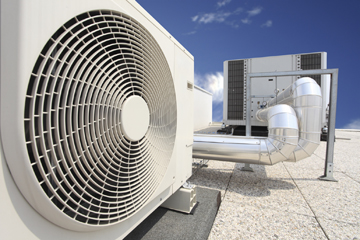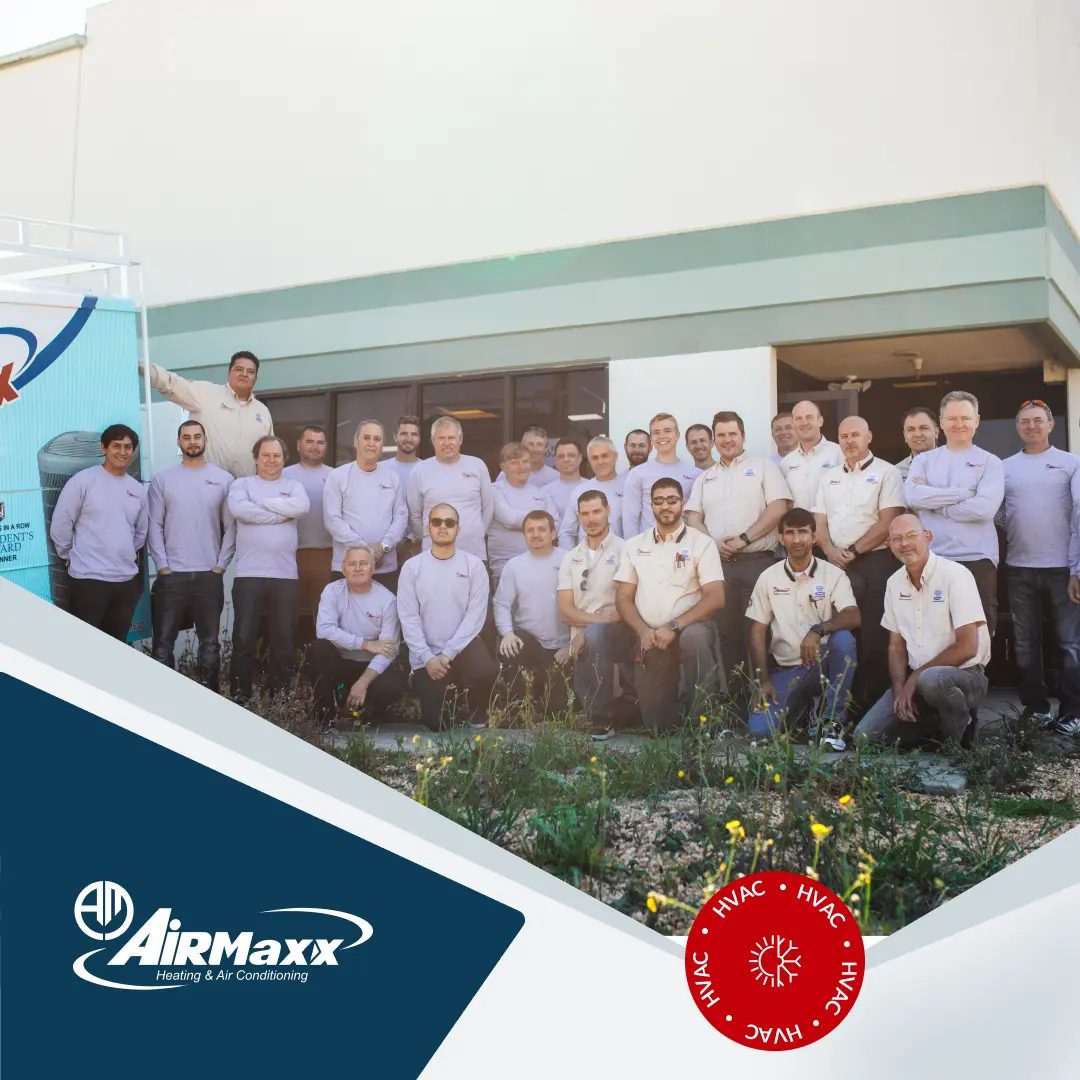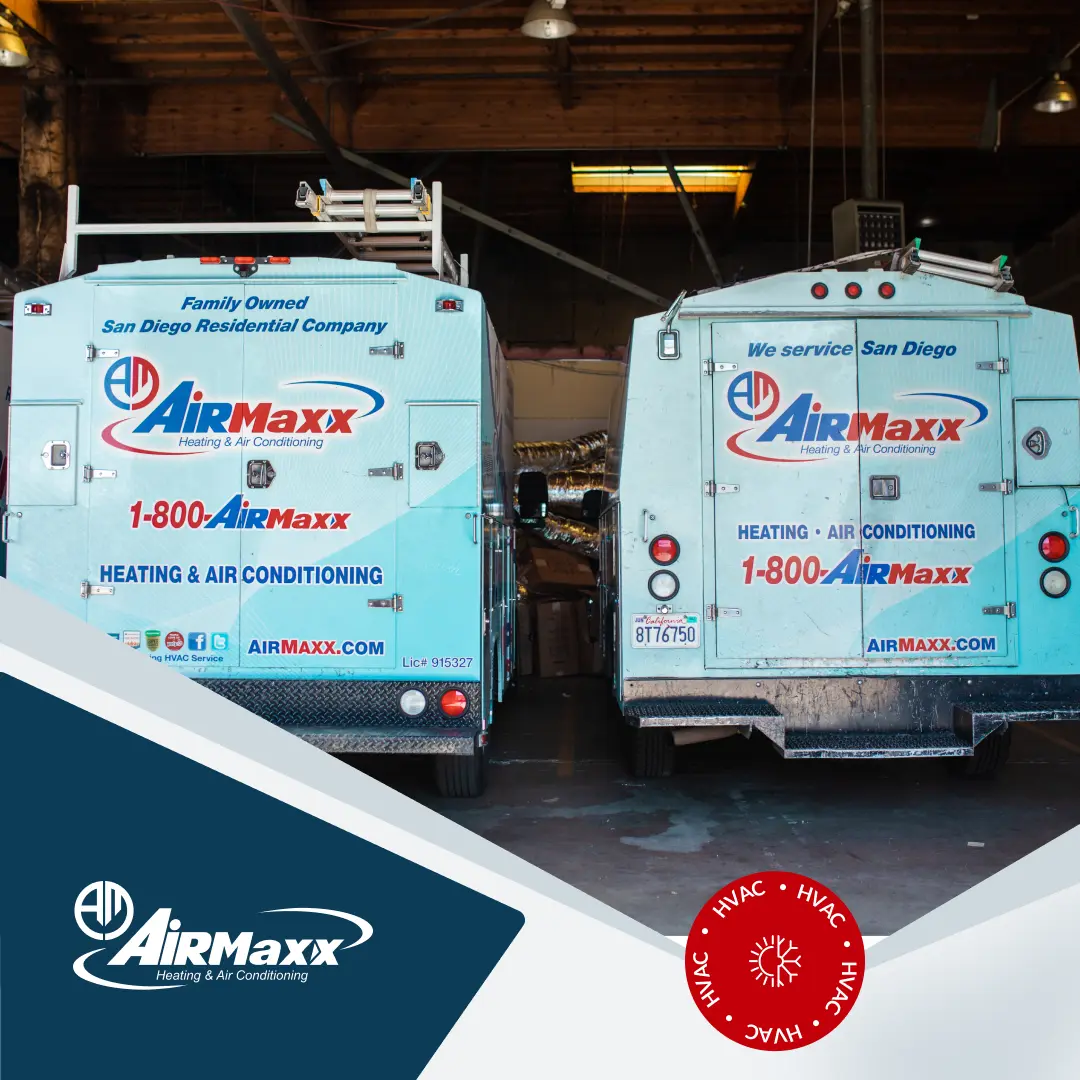Although HVAC systems are very crucial in promoting comfort in every building, these systems consume a lot of energy every day. The extent in which commercial HVAC systems consume energy is well known—HVAC systems are responsible for over half of the total energy consumption in commercial buildings. In light of this, it is becoming extremely important for buildings to find better and effective ways to manage HVAC energy consumption without affecting the comfort of the building. Here are some simple technologies that can help you save energy in your HVAC system:
Demand Control Ventilation Systems
Demand control ventilation systems are designed to prevent over ventilation in a building. They combine economizers with innovative carbon dioxide sensors to ensure that the level of ventilation is exactly what is needed. This is very crucial in making sure that the HVAC system only works based on the cooling demands in a specific building. Ultimately, this limits energy wastages.
Electronically Commutated Motors
The main goal of electronically commutated motors is to control HVAC blower speed. The system is able to detect the cooling demand in a building at a specific time and uses this data to regulate the speed of the HVAC blower ensuring that only the right amount of cooling is delivered in to the building. This helps to reduce unnecessary energy consumption in the long run.
Duct Sealing
Duct sealing simply helps to eliminate any form of leakages. In most cases, one of the biggest sources of energy waste in a HVAC system is the duct leakage. This is therefore one area you have to carefully consider. You can make duct sealing part of your regular HVAC system just to make sure you are on the safe side.
Saving energy through your commercial HVAC system can really go a long way in reducing the overall energy costs in your commercial space. Although there are different ways to do it, the best approach to take is to find energy conservation solutions that don’t affect the performance of the HVAC system. Follow us for more great articles on heating, air conditioning and home needs.



